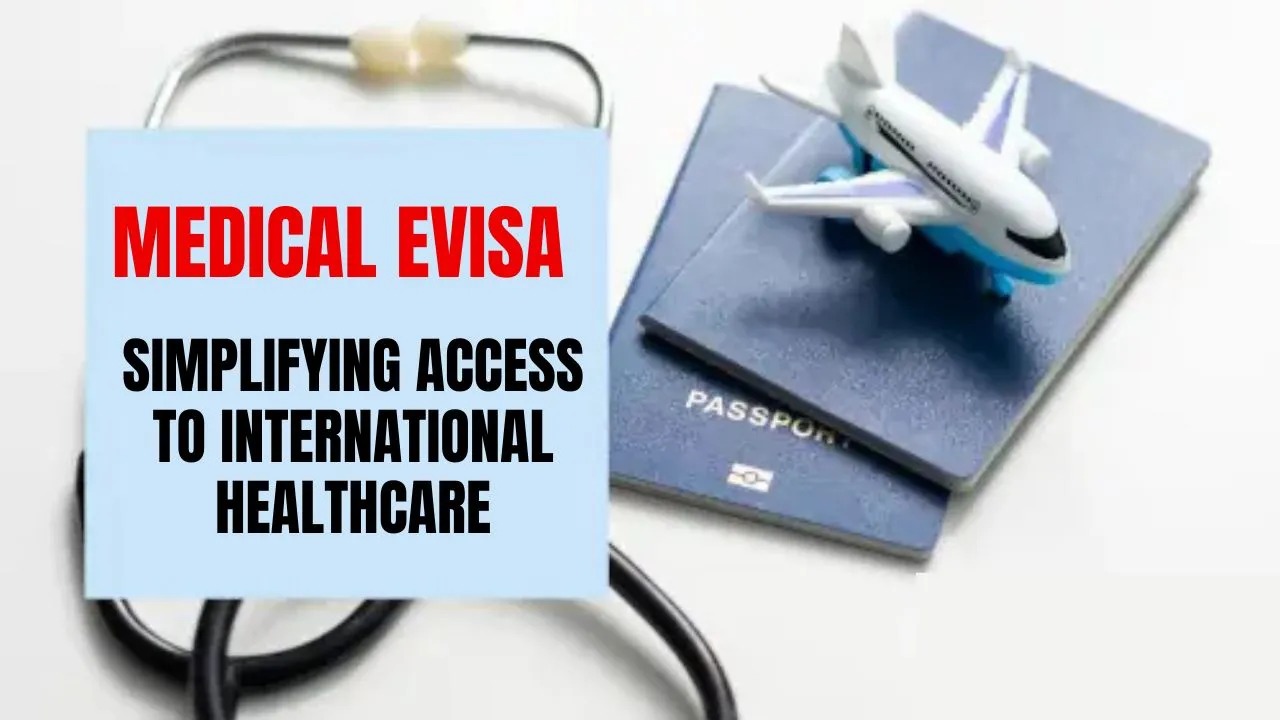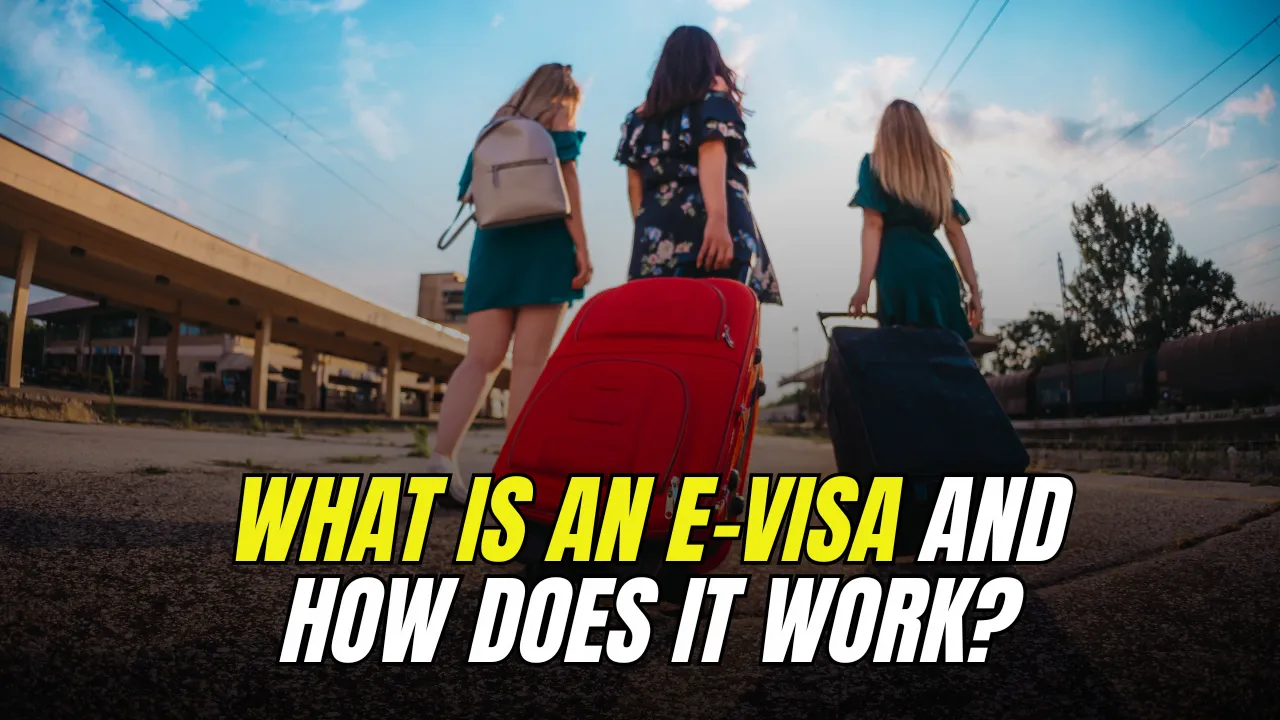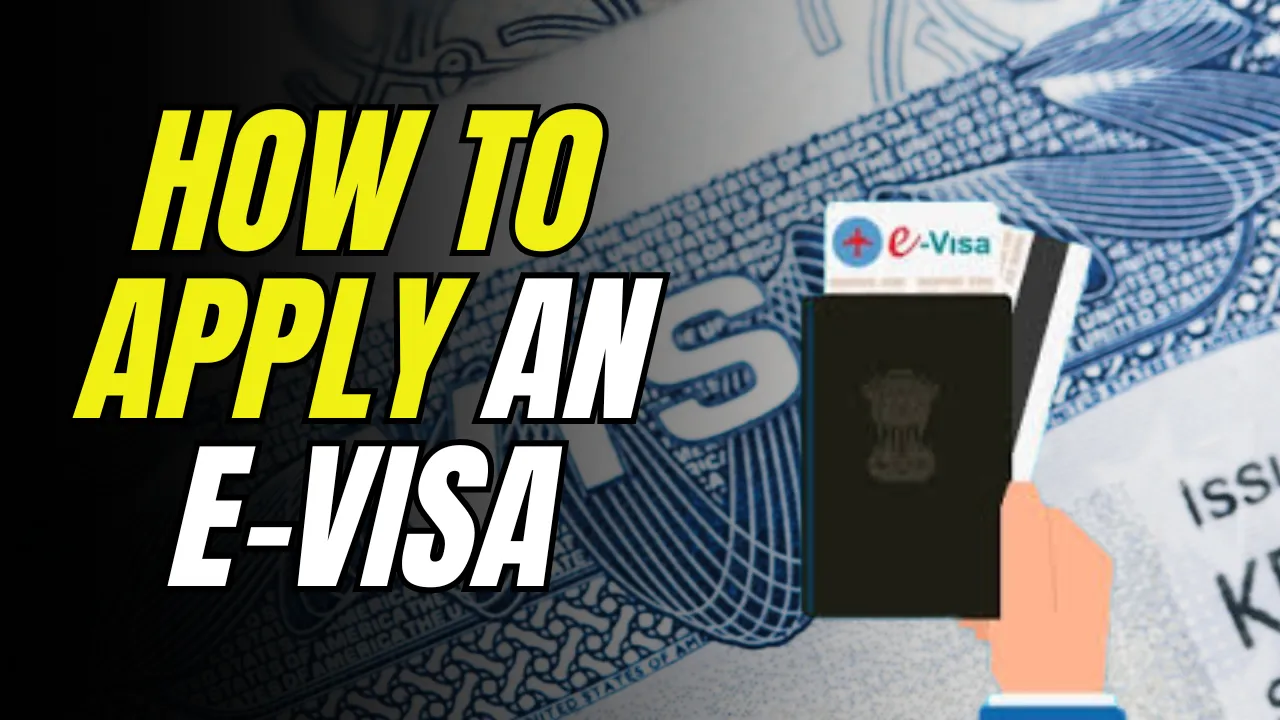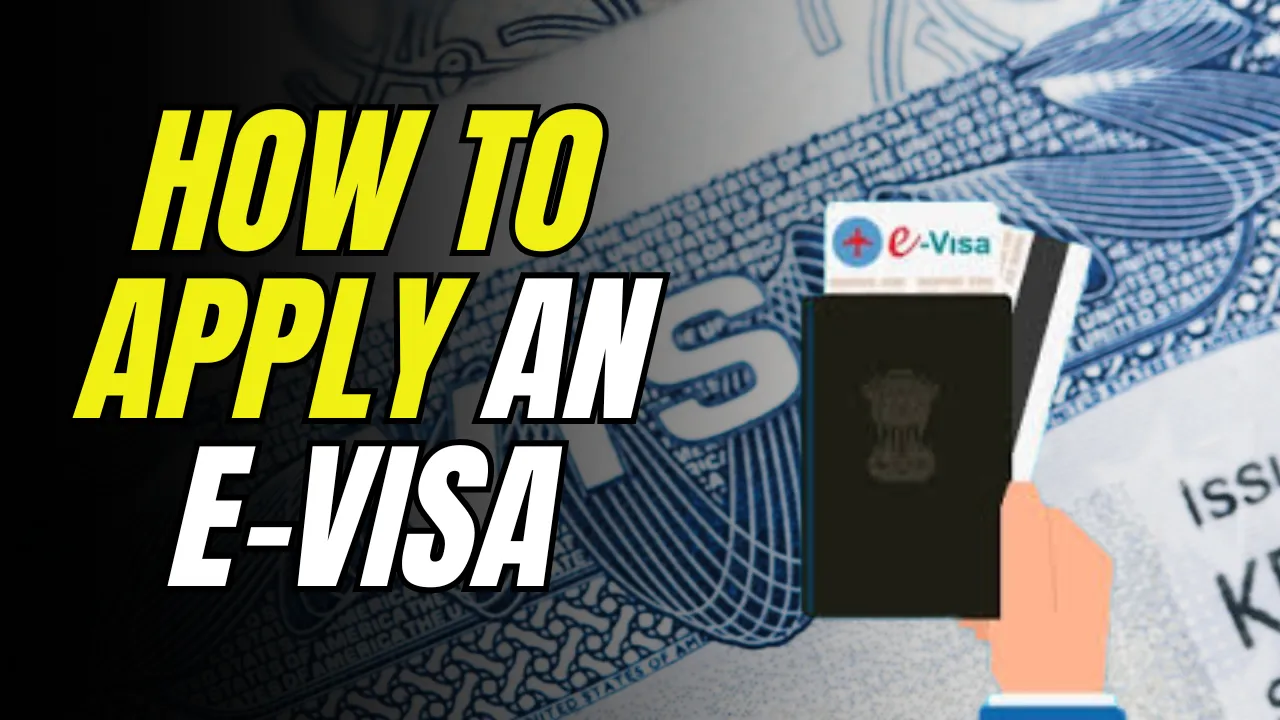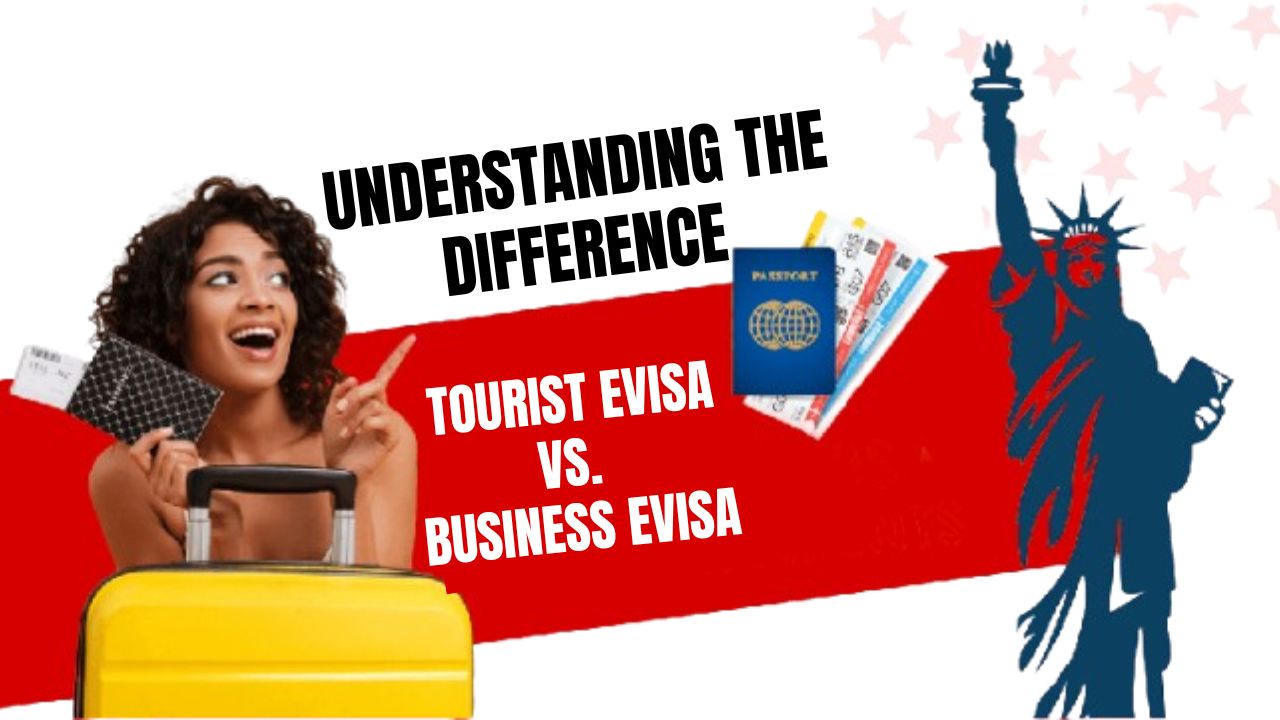Traveling abroad for medical treatment can be complex, but a medical eVisa makes the process faster and more convenient. This electronic visa allows patients to enter a foreign country specifically for healthcare, eliminating the need for long, in-person visa applications. With a streamlined online process, individuals can receive quicker approvals, ensuring timely access to vital treatments.
In addition to benefiting patients, medical eVisas often include options for medical attendants, enabling family members or caregivers to accompany the patient. This article explains what a medical eVisa is, its benefits, eligibility criteria, required documents, and application steps, along with key tips for a successful experience.
What is a Medical eVisa?
A medical eVisa is an official digital permit that allows individuals to enter a foreign country for short-term medical treatment. Unlike traditional visas, the medical eVisa is applied for entirely online, reducing paperwork and speeding up approval times. Many countries also offer a medical attendant eVisa, which permits family members or caregivers to accompany the patient during their treatment.
Overview Table
| Feature | Medical eVisa | Traditional Medical Visa |
| Application Method | Online, accessible from any location | In-person at an embassy or consulate |
| Processing Time | Faster, usually within days | Longer, often takes weeks |
| Supporting Documents | Medical records, hospital invitation, proof of funds | Extensive paperwork, including physical copies |
| Medical Attendant Visa Availability | Available for family members or caregivers | Requires additional applications |
| Application Tracking | Online tracking available | Limited or no online tracking |
| Accessibility | Accessible worldwide with internet access | Limited by embassy locations |
Benefits of a Medical eVisa
Quick Processing for Urgent Medical Needs
A key advantage of the medical eVisa is its faster processing time compared to traditional visas. Many applications are approved within days, which is crucial for patients seeking urgent medical care. This expedited process helps reduce delays, ensuring patients can travel quickly and receive the treatment they need.
Simplified Online Application Process
The application process for a medical eVisa is entirely online, allowing patients to apply from anywhere with an internet connection. This eliminates the need to visit an embassy or consulate, saving time and reducing travel expenses. Applicants simply fill out an online form, upload the required documents, and pay the application fee, making the process more convenient and accessible.
Multiple Entry Options for Follow-Up Visits
Many countries offer both single and multiple-entry medical eVisas. Multiple-entry options are especially beneficial for patients who need to return for follow-up treatments or ongoing care. This flexibility allows individuals to travel as needed without having to reapply for a new visa each time.
Eligibility Criteria for a Medical eVisa
Eligibility requirements vary by country, but most applicants must meet the following criteria:
- Be seeking medical treatment at a recognized healthcare facility in the destination country
- Provide medical documentation confirming the need for treatment
- Show proof of an appointment or treatment plan from a hospital in the destination country
- Demonstrate financial stability to cover medical and travel expenses
- Adhere to the visa’s duration and avoid unauthorized activities during their stay
Documents Required for Medical eVisa Application
To apply for a medical eVisa, applicants typically need the following documents:
- Valid passport with at least six months of validity from the date of arrival
- Recent passport-sized photograph
- Medical records from a recognized healthcare facility, confirming the need for treatment
- Letter of invitation from a hospital in the destination country, outlining the treatment plan
- Proof of sufficient funds to cover medical and travel expenses
- Travel itinerary, including flight and accommodation details
Step-by-Step Application Process
- Visit the official government website of the country where you plan to receive treatment.
- Complete the online application form with your personal, medical, and travel details.
- Upload the required documents, including medical records, hospital invitation, and proof of funds.
- Pay the application fee using a credit or debit card.
- Submit your application and wait for the confirmation email.
- Once approved, download and print your eVisa to present upon arrival.
Processing Time and Fees
Processing times and fees for medical eVisas vary by country. Most applications are processed within a few days, with expedited services available for urgent cases. Fees are generally lower than those for traditional medical visas, as the online process reduces administrative costs. The fee amount may depend on the visa’s validity period and the number of permitted entries.
Validity and Duration of Stay
The validity and duration of stay for a medical eVisa depend on the destination country and the type of treatment required. Most medical eVisas are valid for a few months to a year, with stays typically limited to 30, 60, or 90 days per visit. Multiple-entry visas allow patients to return for follow-up treatments without reapplying. Extensions may be possible if additional medical care is needed, but applications must be submitted before the visa expires.
Top Destinations Offering Medical eVisas
Several countries are known for their advanced healthcare facilities and streamlined eVisa processes, including:
- India: Medical eVisa and medical attendant visa available for patients and caregivers
- Thailand: Medical visa program for individuals seeking treatment in Thai hospitals
- Turkey: Medical eVisa for patients undergoing treatment at recognized healthcare facilities
- Malaysia: Medical visa for patients seeking specialized healthcare services
- United Arab Emirates: Medical treatment visa for individuals receiving care in Dubai and other cities
Medical Attendant eVisa: Accompanying a Patient
Many countries offer a medical attendant eVisa, allowing family members or caregivers to accompany the patient during their treatment. This visa is typically available to close relatives who can provide support and assistance during the patient’s stay. The application process is similar to that of the medical eVisa, requiring proof of relationship to the patient and documentation confirming the need for a caregiver.
Conclusion
A medical eVisa simplifies the process of traveling abroad for healthcare by offering a fast and efficient online application process. With quicker processing times, reduced paperwork, and the option for family members or caregivers to accompany patients, this digital visa system ensures that individuals can access the medical care they need without unnecessary delays. By meeting the eligibility criteria, preparing the required documents, and following the application steps, patients can ensure a smooth and successful experience, allowing them to focus on their health and recovery.
